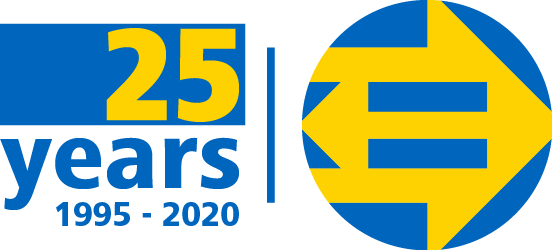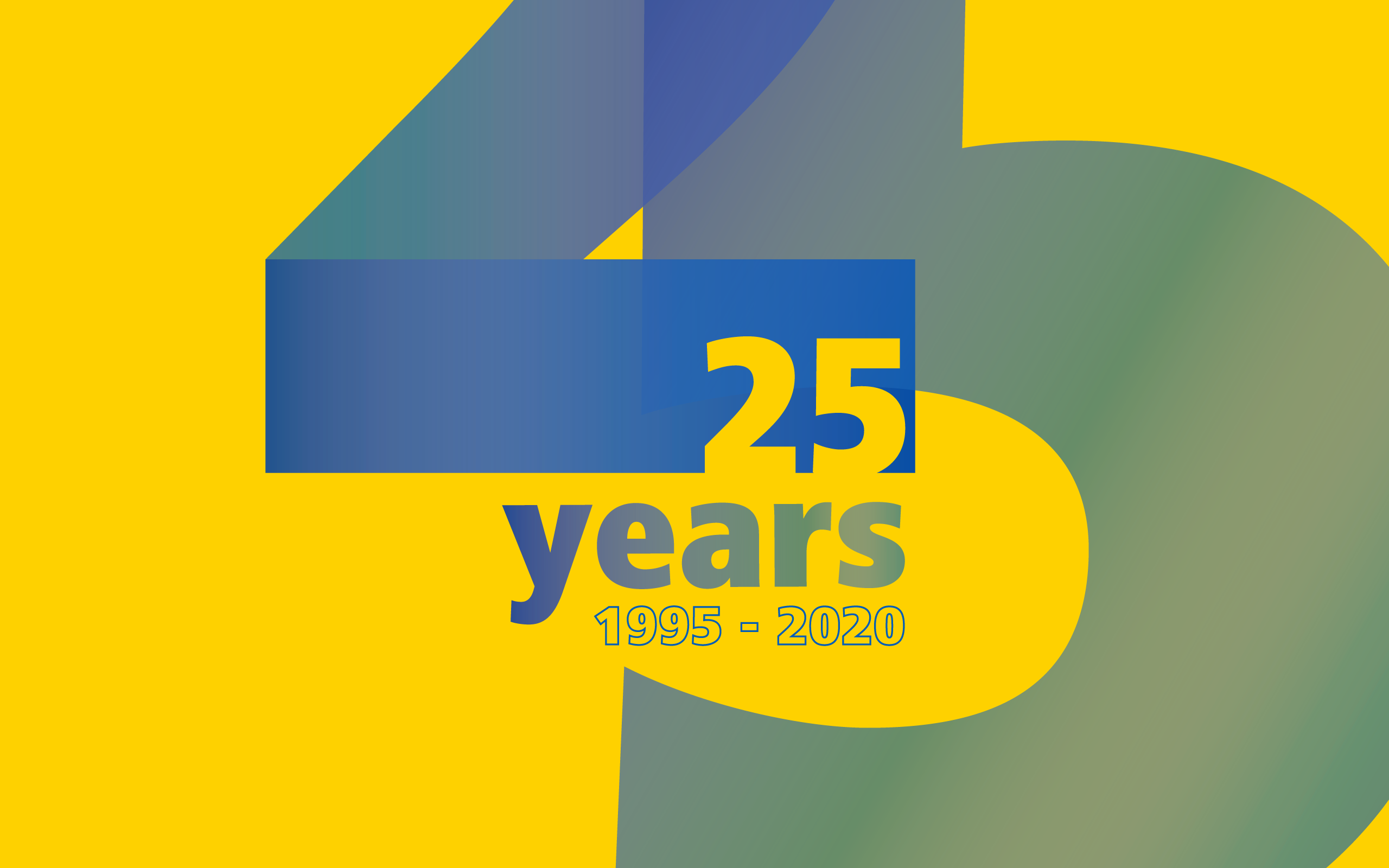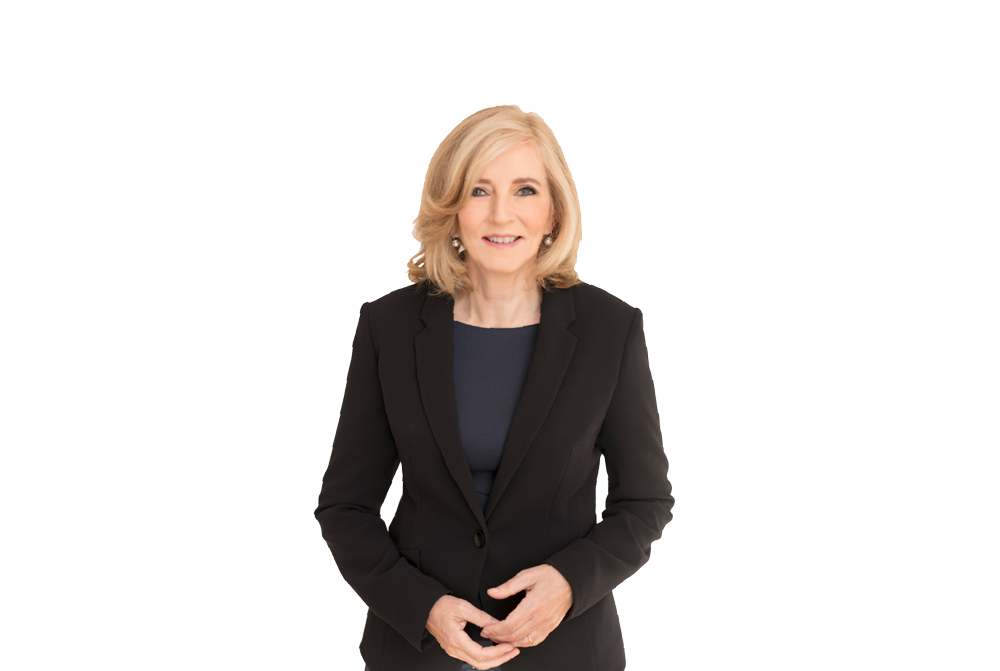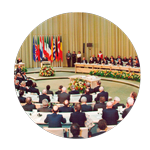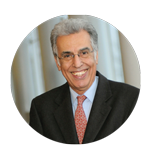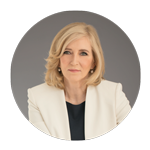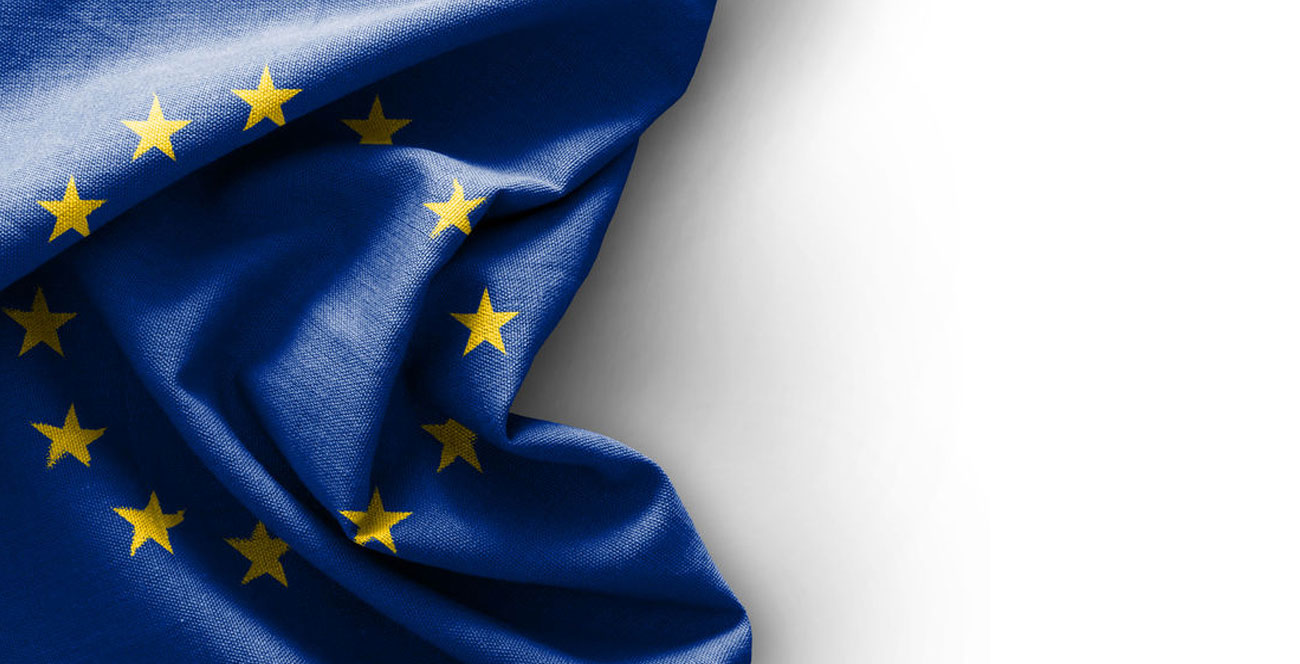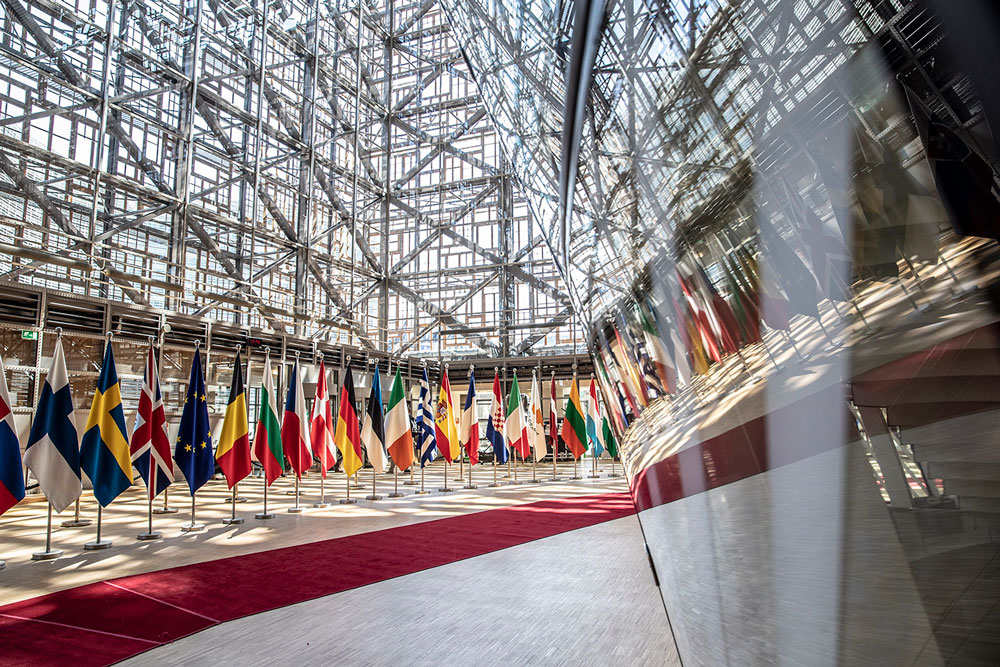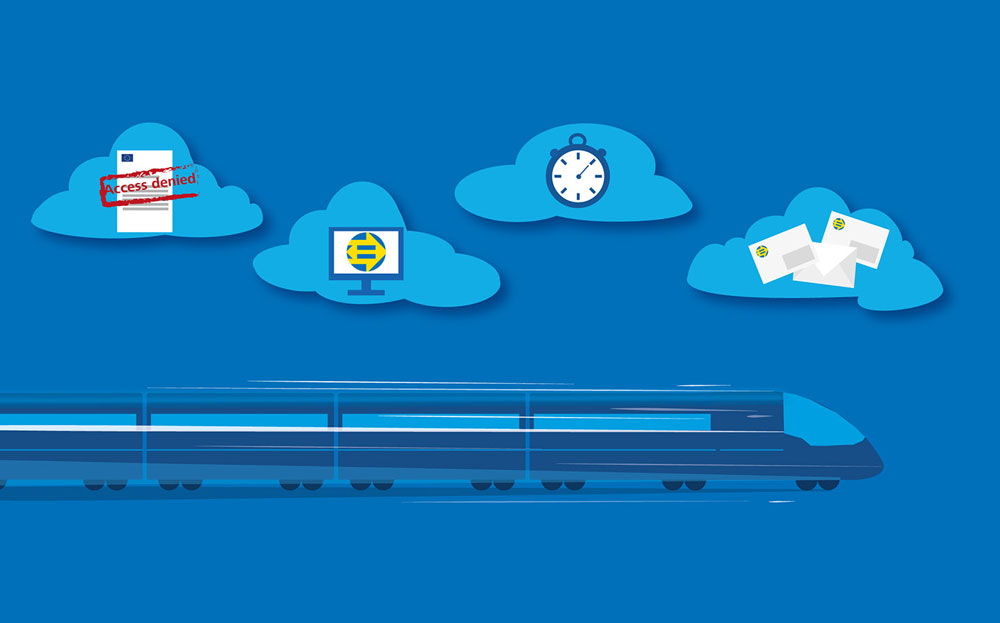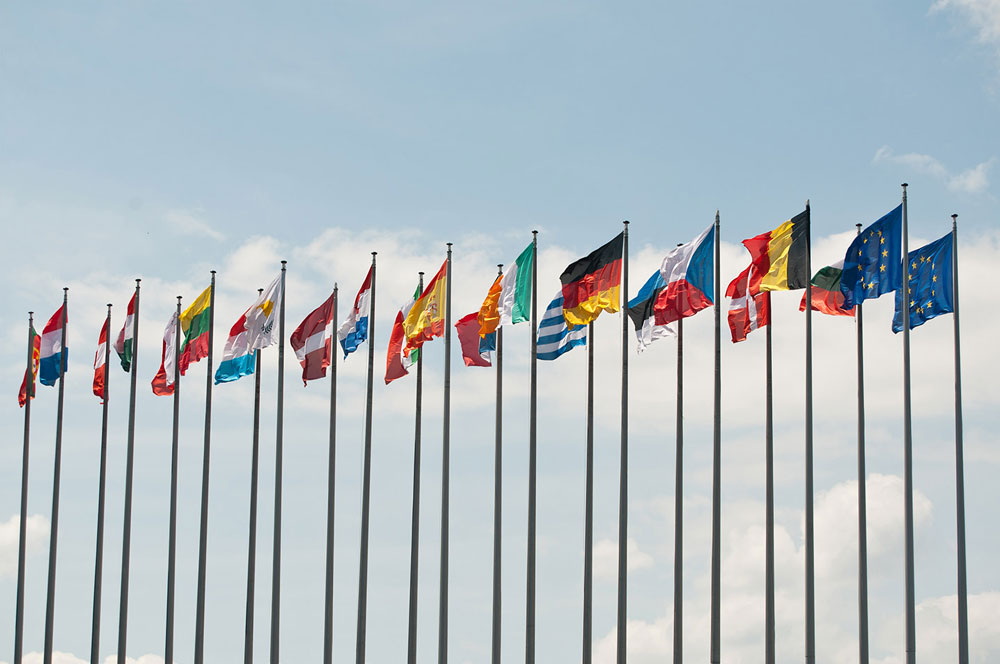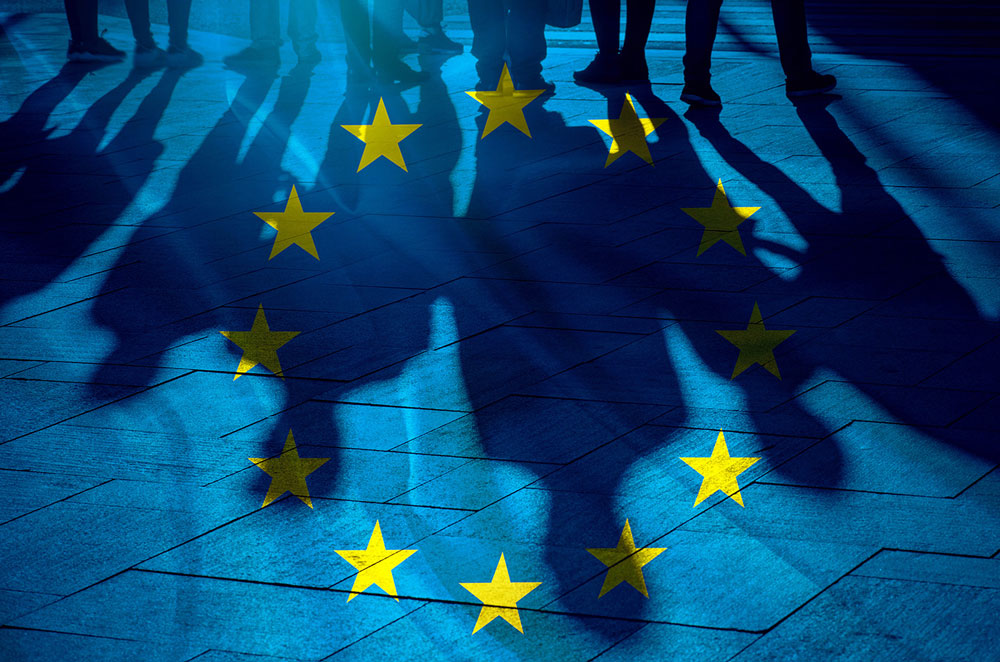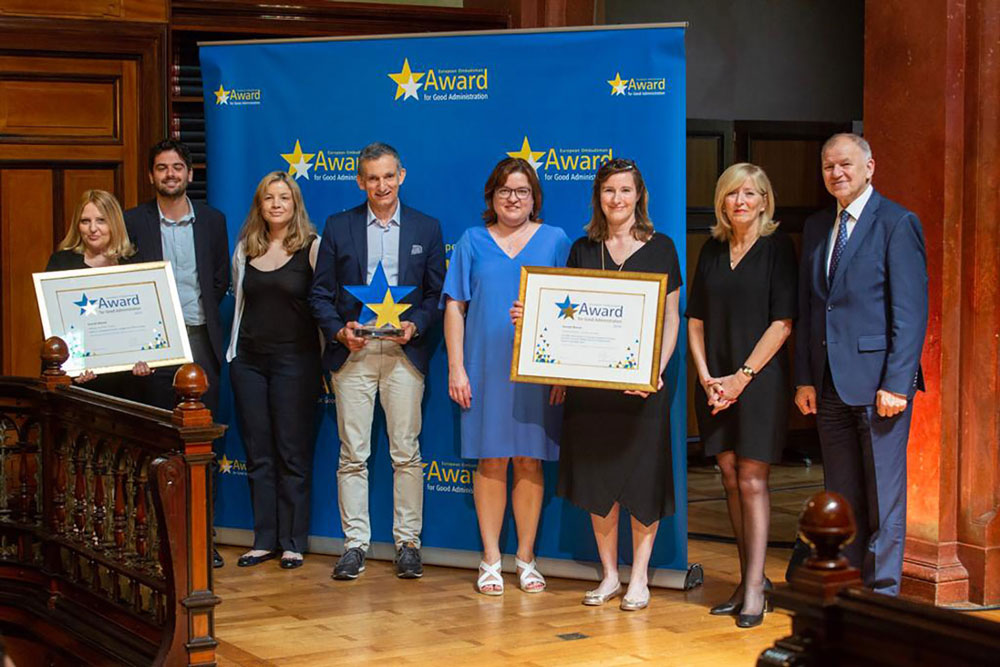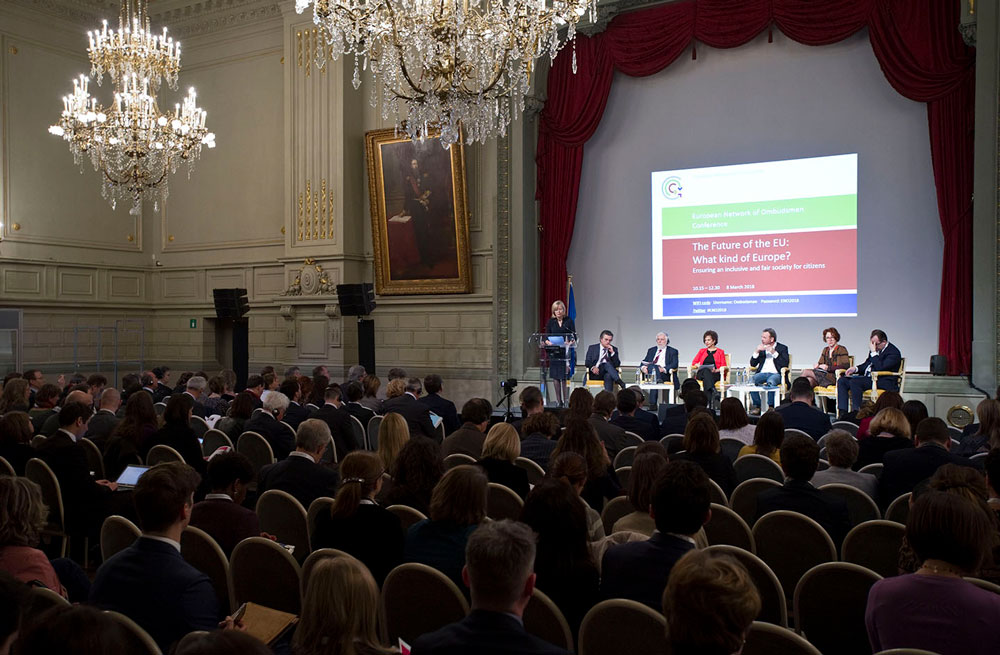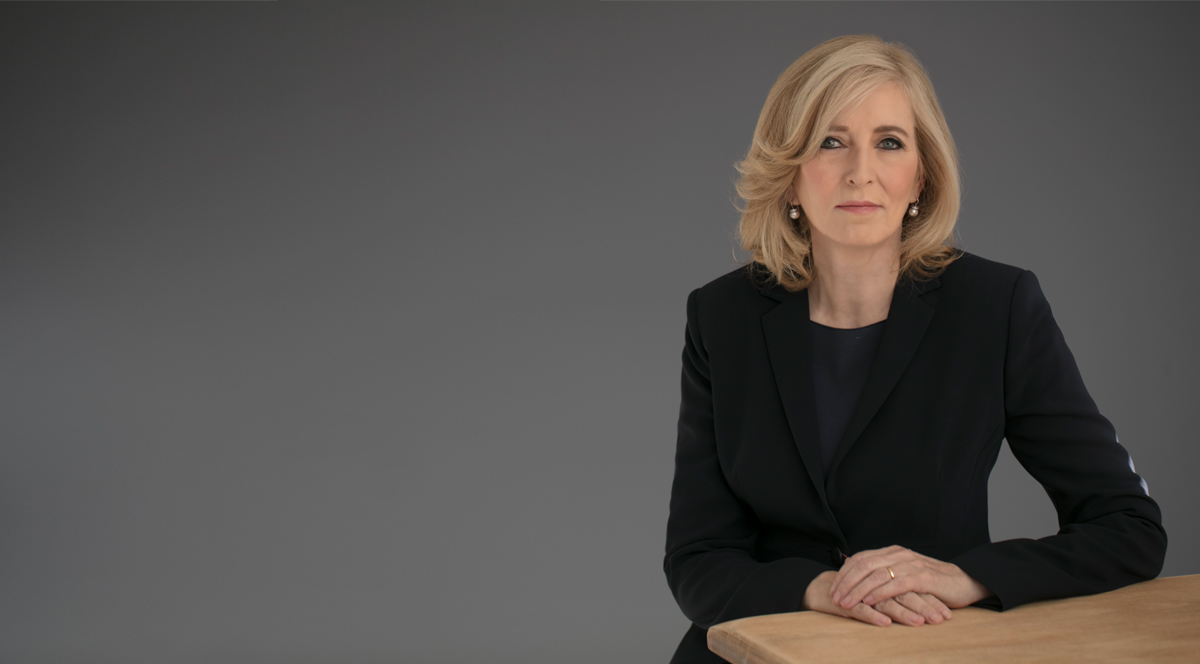The European Ombudsman was established 25 years ago this
year. In that time, the EU has changed
profoundly, shaped by challenges, by the changing expectations of citizens and by its expanded
membership.
The coming years are likely to be just as transformative, with the COVID-19 pandemic and the ongoing
response set to redefine the very essence of the EU. The Union will also have to take major decisions as
it tackles climate change, manages migration humanely, confronts technological advances, and asserts
Europe's place in the world.
My task as European Ombudsman is to ensure that such decisions - directly affecting people’s lives - are
supported by an EU administration that puts the citizen at the centre of everything that it does. By
handling complaints and identifying systemic problems, I will continue to encourage the EU institutions
to observe the highest standards of good administration.
Thank you for your support and engagement over these past years, and let’s continue to work together
into the future.
Emily O'Reilly, European Ombudsman
